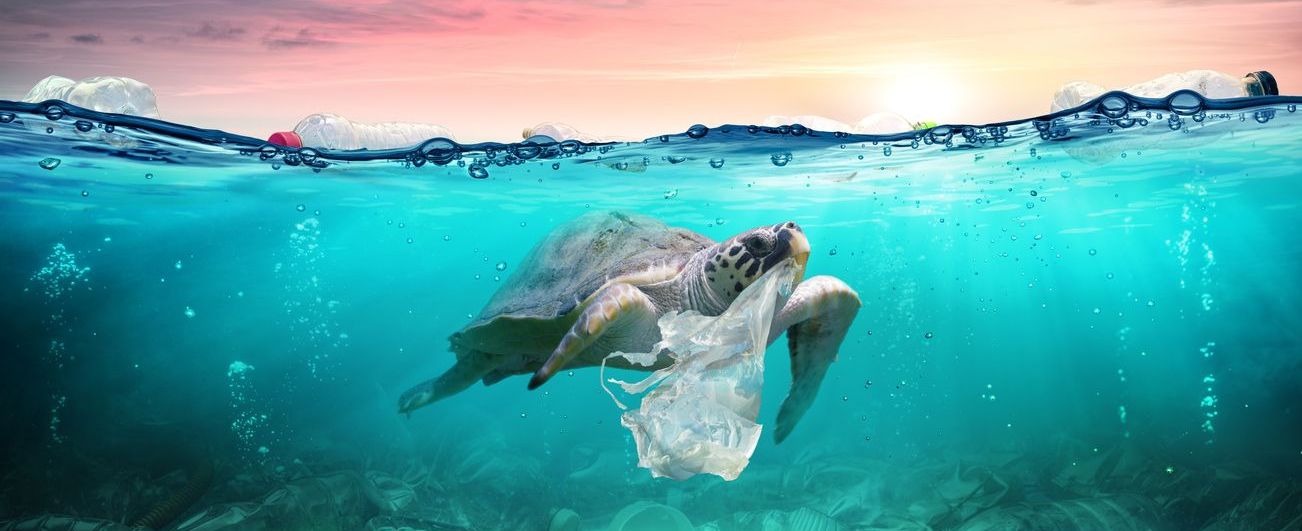2025/08/29
Halting Plastic Pollution: Now Is the Time to Build Consensus for Action

On August 5, the second part of the fifth session of the Intergovernmental Negotiating Committee (INC-5.2) of the United Nations Environment Programme (UNEP) convened in Geneva, Switzerland. This followed the 2022 resolution of the United Nations Environment Assembly (UNEA) to formulate global environmental treaties aimed at halting pollution from plastic waste. However, at the previous session in Busan, Republic of Korea (INC-5.1) held at the end of 2024, although it had been expected to finalize the negotiations, a major disagreement arose between two groups of countries: one represented by the EU, Africa, and island nations, and the other represented by oil-producing countries, India, and Russia, particularly over regulations on plastic production. As a result, no agreement was reached. The current Geneva session is regarded as an “extension” of the ongoing negotiations. It is scheduled to continue until August 14, with more than 170 countries and regions taking part, in an effort to establish legally binding and effective international rules.
According to the Organization for Economic Cooperation and Development (OECD), “22 million tons of the 460 million tons of plastic produced worldwide leak into the environment” (2019). Similarly, the United Nations Ocean Conference estimates that 5 to 12 million tons flow into the ocean each year and predicts that this amount will “double or triple by 2040.” The World Economic Forum also warns that “if the current pace continues, the weight of plastic waste in the oceans will exceed that of fish by 2050” (2016). Microplastics, which are not biodegradable, break down into sand-like particles in the ocean, and readily absorb organic pollutants such as PCBs and dioxins. They pose serious risks to ecosystems and biodiversity, including humans through the food chain. Immediate action is imperative.
Japan formulated the Plastic Resource Recycling Strategy in 2019 and introduced a surcharge on plastic shopping bags the following year. Concurrently, doubts were raised about the effectiveness of this measure, as plastic bags account for only about 2% of total plastic waste. Criticisms included the argument that paper bags and eco-bags made of cotton may actually impose a greater environmental burden unless reused repeatedly. Some went further, dismissing the plastic bag surcharge as nothing more than an “empty political gesture.” However, the volume of plastic shopping bags shipped by the 132 member companies of the Japan Polyolefin Film Industry Association has fallen by half since the surcharge system was introduced, while sales of household trash bags have remained at the same level — once it was feared to increase as consumers were supposed to buy them instead of free shopping bags for waste disposal. Given that the original aim of the policy was to promote public awareness and encourage behavioral change, it can reasonably be assessed that a social outcome has been achieved to a certain extent.
The hurdles to resolving the controversy remain high. Meanwhile, voices have also emerged from within the industry. In June, Japan Business Coalition for a Global Plastics Treaty—comprising more than 290 companies and organizations across the plastics value chain, including Coca-Cola Japan, Kirin Holdings, Unilever Japan Holdings, 3M Company, as well as financial institutions and NGOs—issued a statement asserting that “a framework based on legally binding, harmonized rules would also benefit economic activity.” The coalition further proposed that “global closed-loop recycling could increase the utilization rate of recycled materials to 77% by 2040 worldwide.” Protecting the fundamental environment for all life is undeniably essential. I look forward to the successful outcome of INC-5.2.
This Week’s Focus, August 3 - 7, 2025
Takashi Mizukoshi, the President